Job Sharing Policy and Procedure - September 2020
In this section
- 7. Division of Posts and Communication
- 8. Application Procedure - Existing Job Holder(s)
- 9. Recruitment and Selection
- 10. Conditions of Service
- 11. Ensuring Equality of Treatment
- Appendix A
7. Division of Posts and Communication
There should be no more than two job sharers in one post, and both must be able to carry out the full range of tasks and responsibilities of the full-time post. Please see Appendix A – ‘Different Ways to Job Share’.
The sharing of the duties and responsibilities of a post may take several forms. The aim in all cases is to ensure the most efficient means of operation. Division may be by projects, tasks, clients or merely time, as the case may be.
Great care should be taken not to confuse working arrangements with the job description. Although the duties may be divided, the overall responsibility must be shared. The partners should always be in a position to claim that at some time each had fulfilled the duties and responsibilities of the whole post.
There are no fixed rules for job sharers, however some of the more common examples are:
- On a split day basis, one sharer working in the morning and the other in the afternoon.
- On a weekly basis with each sharer working 2.5 days each.
- On an alternating basis working two days one week and three days the next.
- On an alternating week basis with where one job sharer works one whole week whilst the other works the next week.
The way in which the hours of the post are divided between the job share partners should be agreed with the line manager, in consultation with both employees, prior to confirming the job share arrangement.
Hours should be organised to suit both the service and the employees. However, the hours/days/weeks agreed with either job sharer should always be such that should a part vacancy occur, the working arrangement to be advertised will form a sufficiently viable package to attract new applicants.
The total hours two employees in a job share partnership can work will be the same as a full-time post, i.e. 37 hours per week. Where there is an unequal split in hours between the job share partners, the minimum number of hours one job share partner can work will be no less than the equivalent of two standard working days, i.e. 14.48 hours, with the other job share partner working the remaining hours of the post.
Where it is essential to have a changeover period between the job sharers, this will be achieved within the full-time hours of the post.
Communication is of the utmost importance in a job share partnership. Job sharers need to establish a clearly defined system for letting each other know what work has been undertaken and what is outstanding. Some job sharers do this via a diary or handover book, clearly noting what needs to be done on each particular day. If possible, time should be allocated for a hand over period which is an ideal opportunity to update each other and talk through the workload. The job sharers must also ensure that effective communication takes place between them and other members of the Team especially their line manager.
There may be occasions when both job sharers need to work at the same time, for example if there is an important meeting or training session that both need to attend. In these situations, it is suggested that one job sharer would change his/her hours for that week.
